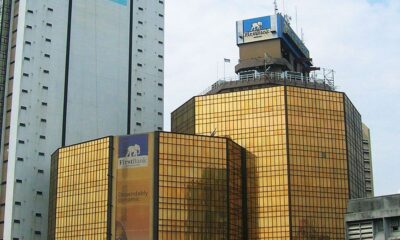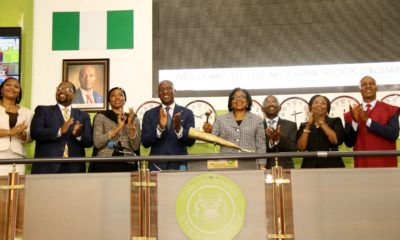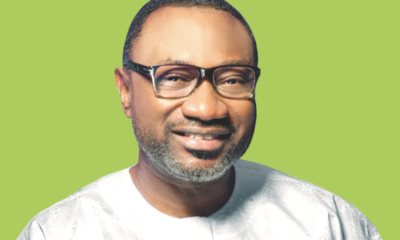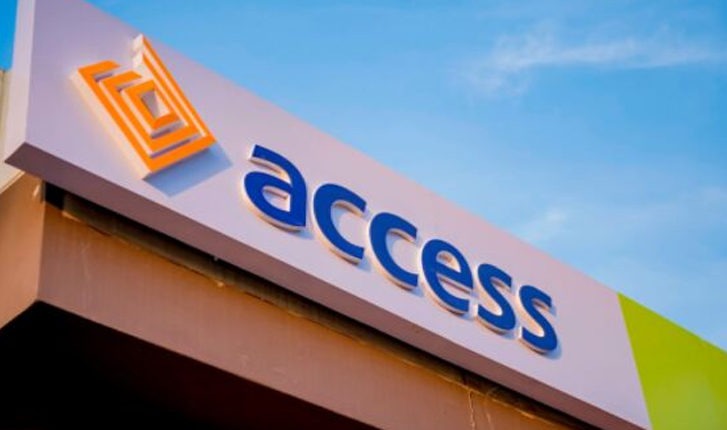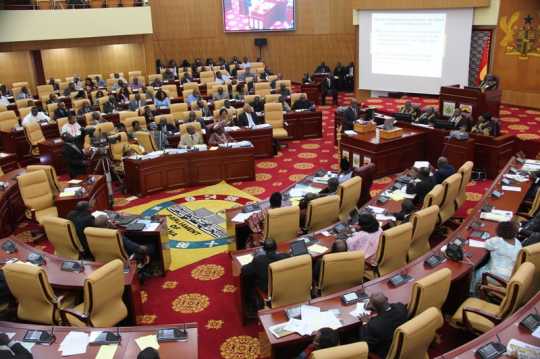The board of FBN Holdings Plc has approved and appointed Mr. Olufemi Otedola, CON as a non-executive director of the bank.
The approval was endorsed by the Shareholders at the Annual General Meeting held on August 15, 2023. The appointment is effective August 14, 2023.
Profile of Mr Olufemi Otedola, CON
Femi Otedola is a dyed-in-wool and visionary entrepreneur whose energy is directed at transforming enterprises and putting them on the path of growth. A strong leader with a track record of achievements in business and always aiming to make things better and adding value in areas where pioneers have trod.
He was thrust into the public’s consciousness with his foray into the downstream sector of the oil industry when he started Zenon Petroleum and Gas Limited. Zenon disrupted and redefined the standards in the sector and to ensure that his very high standards are met, he also invested in storage, shipping, insurance brokerage and port agency and petroleum retail outlets building a formidable, value-driven presence along the downstream value chain.
In his quest to grow his foothold in the sector, he initiated the purchase of majority shareholding in the then African Petroleum Plc in May 2007 and joined the Board as Chairman of the Board on 25 May 2007.
His vision transformed African Petroleum Plc into Forte Oil Plc. The Company grew in leaps and bounds to become a model of the possibilities inherent in Nigeria, winning numerous accolades in recognition of the successful business turnaround, diversified portfolio, prompt financial reporting, strong corporate governance and investment of choice within the Oil Industry and the Nigerian Stock Exchange.
He divested from the Company when he accepted the offer of the Ignite Consortium led by Prudent Energy Services Limited for his entire shareholding in December 2018 and handed over control upon completion of the transaction in June 2019.
The divestment from Forte Oil Plc and his acquisition of FO Plc shares in Amperion Power Distribution Company Limited, the SPV for the acquisition of controlling shares in Geregu Power Plc led to him facing the Power Sector squarely as the Company’s Executive Chairman. This is in continuation of his long term interest in the Power sector dating back to 2007, when he made the very strategic decision to participate in the Privatization Programme of the Nigerian Government and his doggedness culminated in the acquisition of a majority stake in the 414MW Geregu Power Plant by Amperion Power Distribution Company Limited in August 2013 (a plant which has since
been overhauled and improved to a 435MW installed capacity) contributing approximately 9% of the generating capacity available to the National Grid.
He has held several board memberships, including President of the Nigerian Chamber of Shipping and as past Chairman of Transcorp Hilton Hotel, Abuja. He was appointed Member of the Governing Council of the Nigerian Investment Promotion Council (NIPC) in January 2004 and in December of the same year, he was appointed as a Member of the Committee saddled with the task of fostering business relationships between the Nigerian and the South African Private sectors.
He was a member of the National Economic Management Team under the Chairmanship of Former President Goodluck Jonathan from September 2011 to May, 2015 and The Honorary International Investors Council under the leadership of Baroness Lynda Chalker. He is currently a member of the revered National Peace Committee.
Femi was further recognised for his immense contributions to the growth of the Nigerian economy with the conferment of the prestigious National Honour of “Commander of the Order of the Niger – CON” by Former President Goodluck Jonathan in May 2010.
A philanthropist with deep involvement in educational causes at all levels via the Sir Michael Otedola Scholarship Awards Foundation, he has continued to demonstrate his passion for his Epe community in particular and Nigeria in general, committing huge financial resources to the sponsorship of promising but financially disadvantaged students.
Femi is the current Chancellor of Augustine University in Ilara, Epe, Lagos State.
He is a Vice President of the Save the Children, a UK based charity. His invitation to the Group is a testament to his philanthropy evidenced in the ₦5 billion donated to Save the Children’s course in Nigeria.
An accomplished family man, his children are charting varied endeavours and making a name for themselves in arts, entertainment, fashion and business. Indeed, the fruits are not falling far from the tree.
He has distinguished himself in business, leadership and philanthropy.
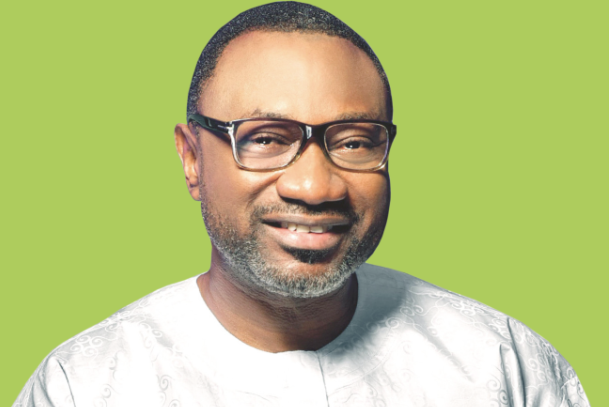

 Billionaire Watch4 weeks ago
Billionaire Watch4 weeks ago


 Naira4 weeks ago
Naira4 weeks ago


 Naira3 weeks ago
Naira3 weeks ago




 Naira3 weeks ago
Naira3 weeks ago




 Naira3 weeks ago
Naira3 weeks ago




 Naira2 weeks ago
Naira2 weeks ago
 Commodities3 weeks ago
Commodities3 weeks ago


 Sport Business4 weeks ago
Sport Business4 weeks ago



